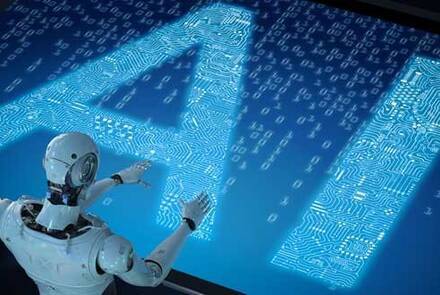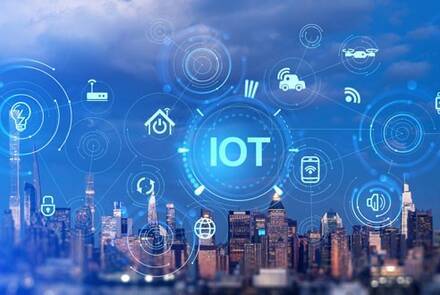The Future of MMIS Modernization
The landscape of healthcare is on the brink of a technological revolution, with Medicaid Management Information Systems (MMIS) at the forefront of transformative trends. These developments are reshaping the very foundations of healthcare technology, paving the way for a future characterized by efficiency, personalization, and security.
Emerging Trends
The future of healthcare technology is undergoing a profound transformation marked by emerging trends poised to redefine the landscape of medical services. These trends represent the forefront of innovation, promising a paradigm shift in how healthcare data is exchanged, analyzed, and utilized for enhanced patient care.
Interoperability and Data Exchange
The future of MMIS hinges on seamless data exchange among healthcare providers. This emphasis on interoperability ensures comprehensive patient care and empowers informed decision-making by enabling a holistic view of patient information across various healthcare settings.
AI and Predictive Analytics
Integrating Artificial Intelligence (AI) and predictive analytics is set to revolutionize healthcare. This innovation will not only forecast patient needs but also optimize resource allocation and significantly enhance diagnostic accuracy, leading to more precise and timely interventions.
Blockchain for Secure Data Management
Blockchain technology is poised to revolutionize data security within healthcare systems. By enabling tamper-proof records and secure sharing of sensitive patient information, blockchain ensures data integrity and confidentiality across the entire healthcare ecosystem.
Telehealth Integration
The future MMIS will seamlessly integrate telehealth services, breaking geographical barriers and enabling remote consultations and monitoring. This integration is especially crucial in providing healthcare access to underserved areas, thereby fostering inclusivity in healthcare delivery.
Technological Advancements
In the realm of healthcare, technological advancements are driving a monumental shift, reshaping the very fabric of how medical services are accessed and delivered. These advancements in healthcare technology represent a pivotal evolution, promising unparalleled efficiency, accessibility, and security in patient care.
Cloud-Based Infrastructure
A significant shift towards cloud-based MMIS is underway, offering scalability, agility, and cost-effectiveness in managing and storing vast amounts of healthcare data securely. This transition facilitates improved accessibility to data while ensuring its safety and integrity.
IoT in Healthcare
The integration of Internet of Things (IoT) devices marks a pivotal advancement in healthcare. These devices collect real-time patient data, empowering preventive care strategies and enabling remote patient monitoring, thereby enhancing patient outcomes.
Enhanced Cybersecurity Measures
Robust cybersecurity protocols are imperative to safeguard against evolving cyber threats. Ensuring the integrity and confidentiality of patient data is a top priority, necessitating stringent measures to counter potential breaches and cyber-attacks.
User-Centric Design
The future MMIS will prioritize user-friendly interfaces and patient-centric designs. This approach aims to enhance accessibility and engagement for both healthcare providers and patients, fostering a more seamless and collaborative healthcare experience.
The Future Landscape
The evolution of Medicaid MIS is poised to revolutionize healthcare delivery. By leveraging cutting-edge technologies and embracing innovative trends, the future promises personalized, efficient, and secure healthcare services. These advancements will not only transform how healthcare is accessed and delivered but also elevate the overall quality of patient care (See also: Priorities for Medicaid Enterprise System Modernization).
Conclusion
In conclusion, the future of Medicaid Management Information Systems is marked by a convergence of technological prowess and a commitment to improving healthcare outcomes. As these trends continue to evolve, the healthcare landscape is set to undergo a paradigm shift towards a more interconnected, data-driven, and patient-centric future.
For more information about Trigyn’s Medicaid MMIS Services, Contact Us.






